Lenovo ThinkBook 13s review: Unassuming but dependable
This business-focused laptop is a bargain for undemanding businesses
-
+
Supremely affordable
-
+
Good performance
-
+
Robust port selection
-
-
Mediocre display
-
-
No USB-C charging

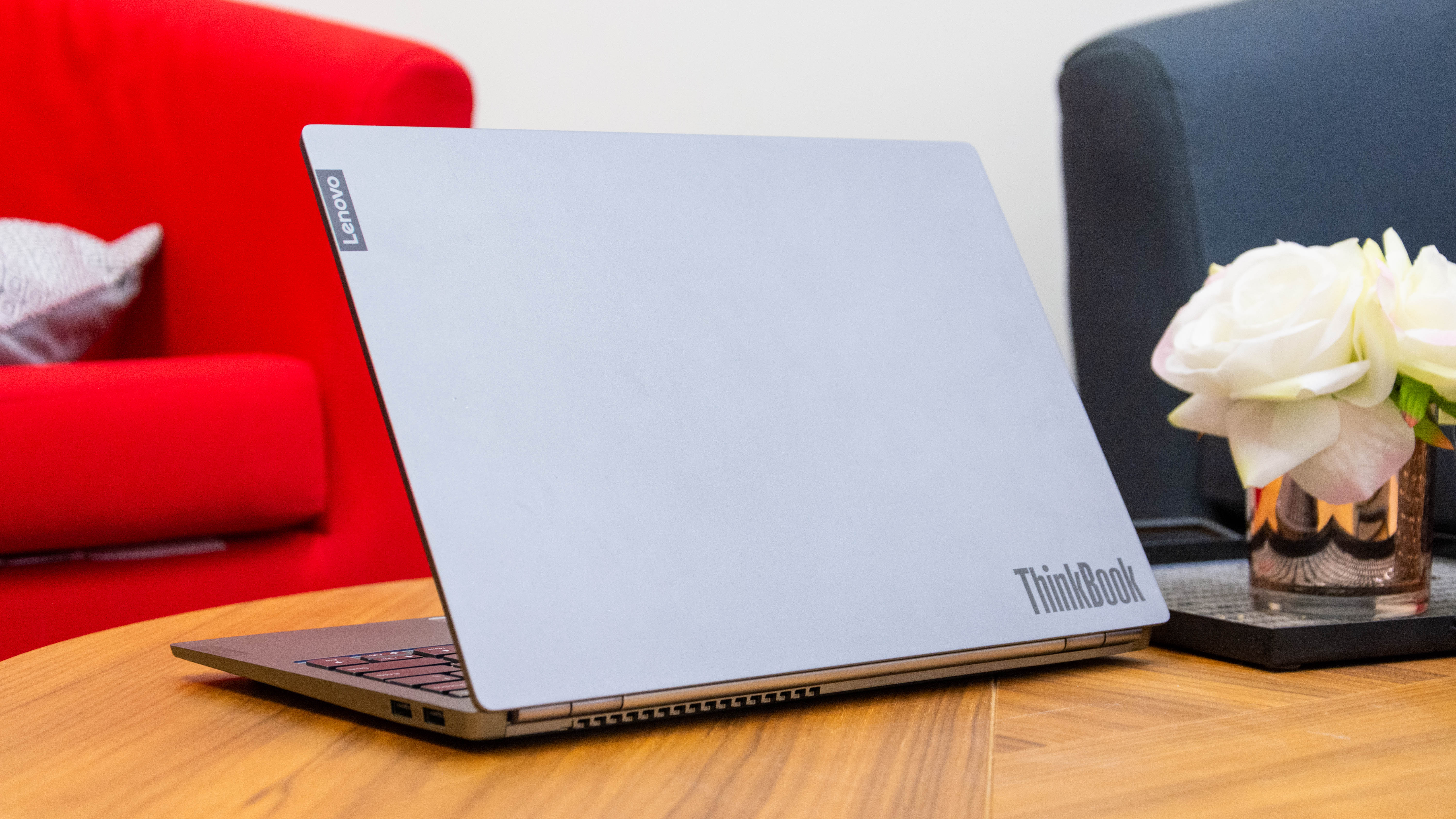
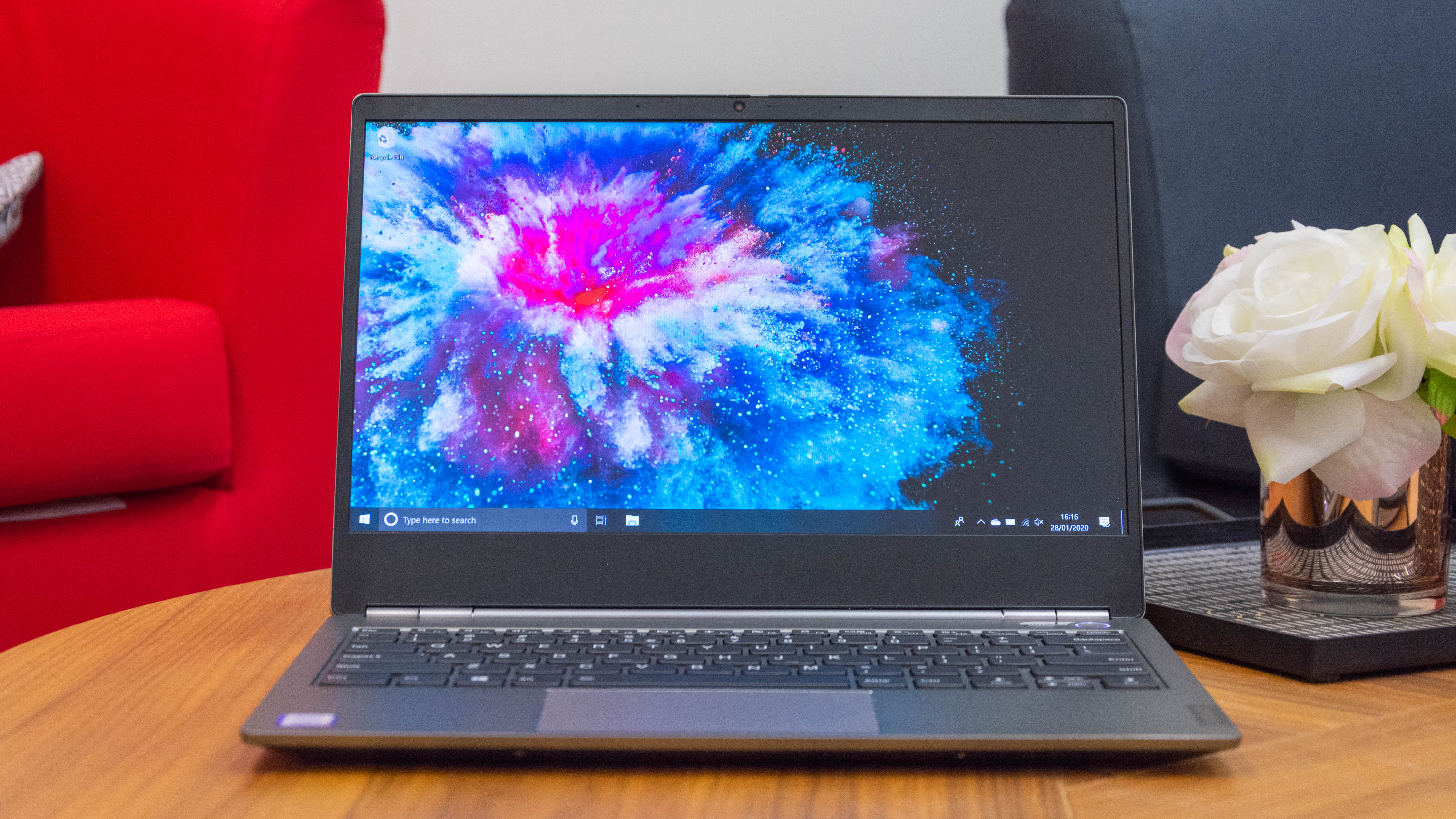
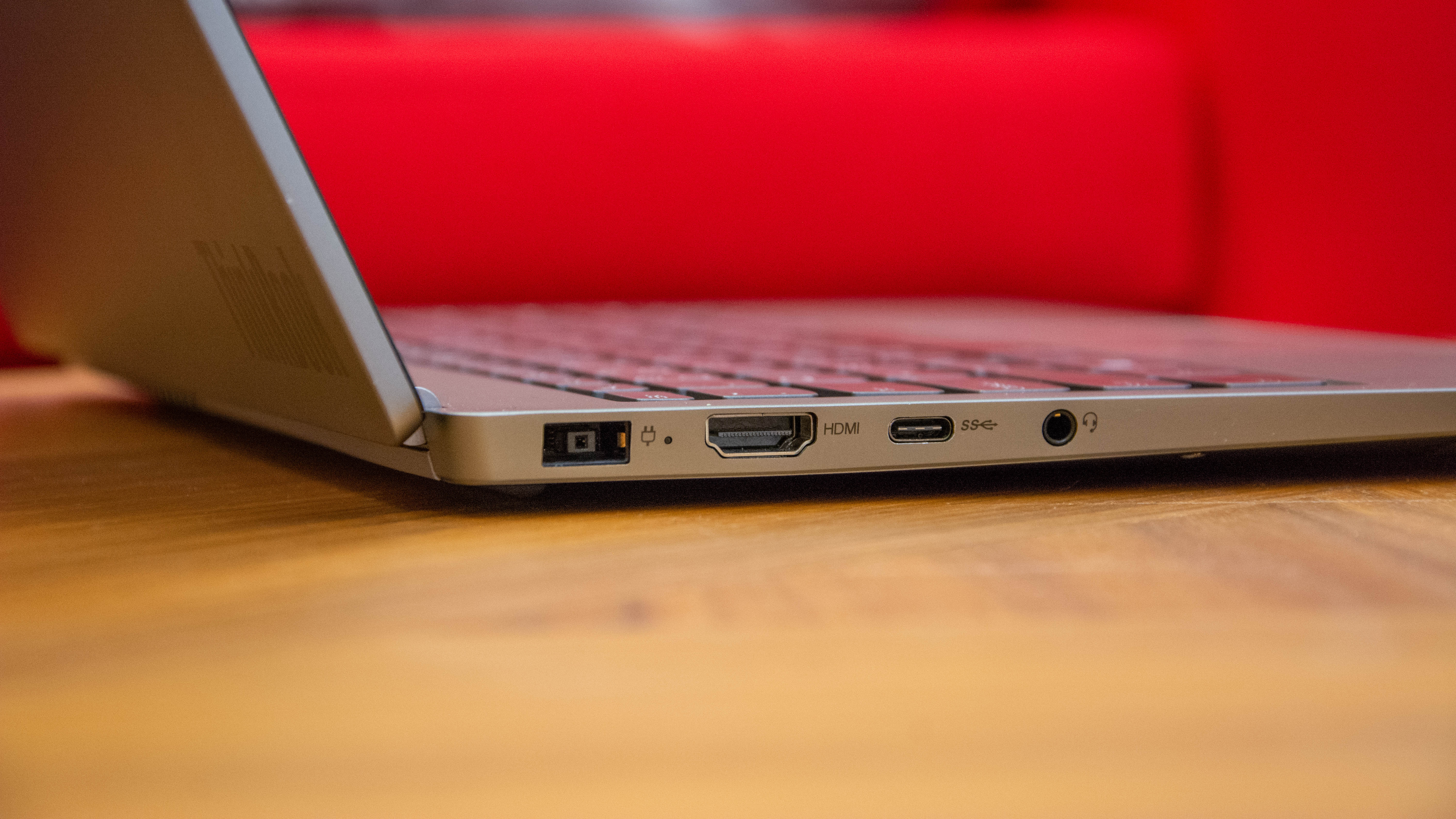
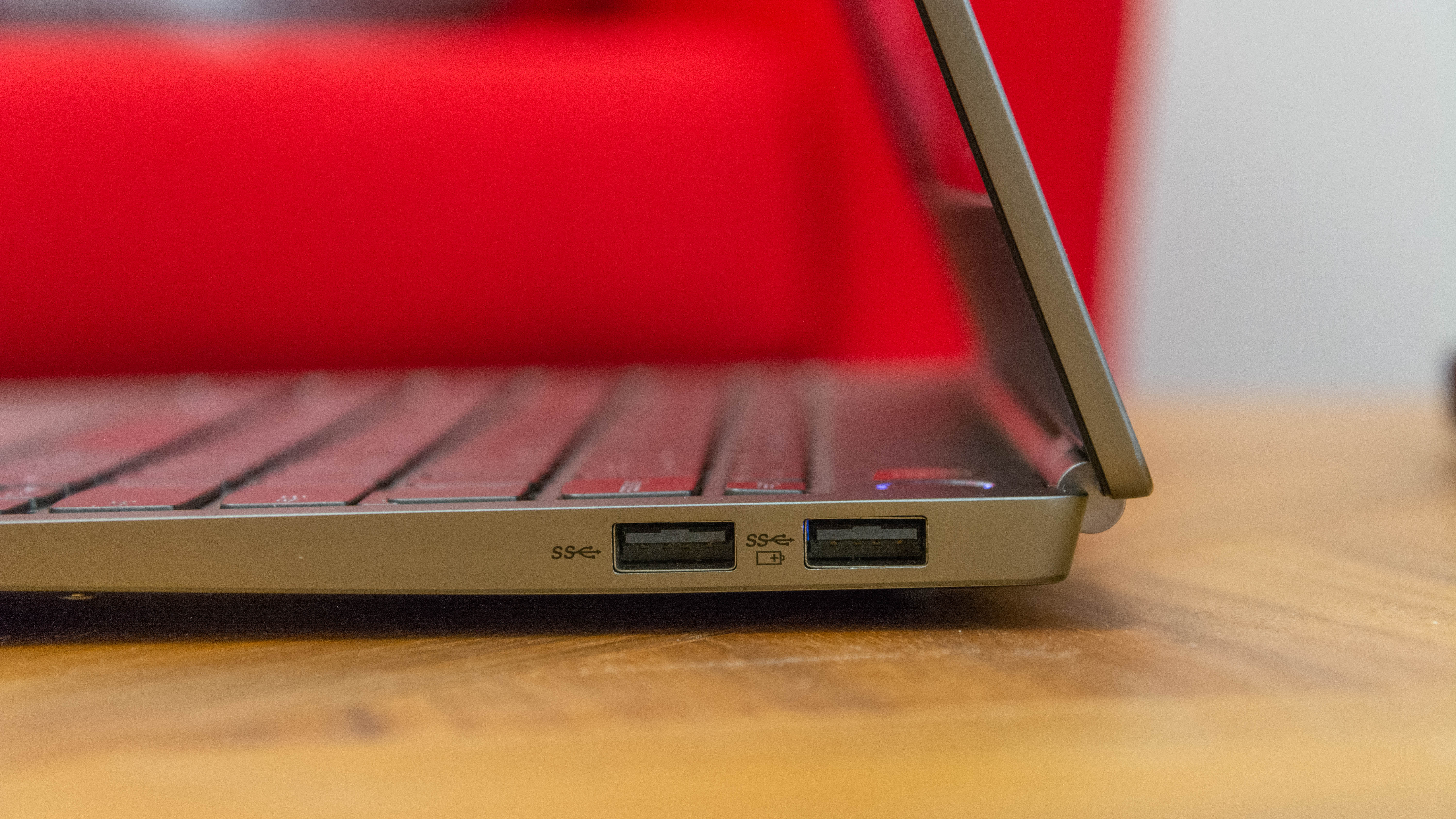
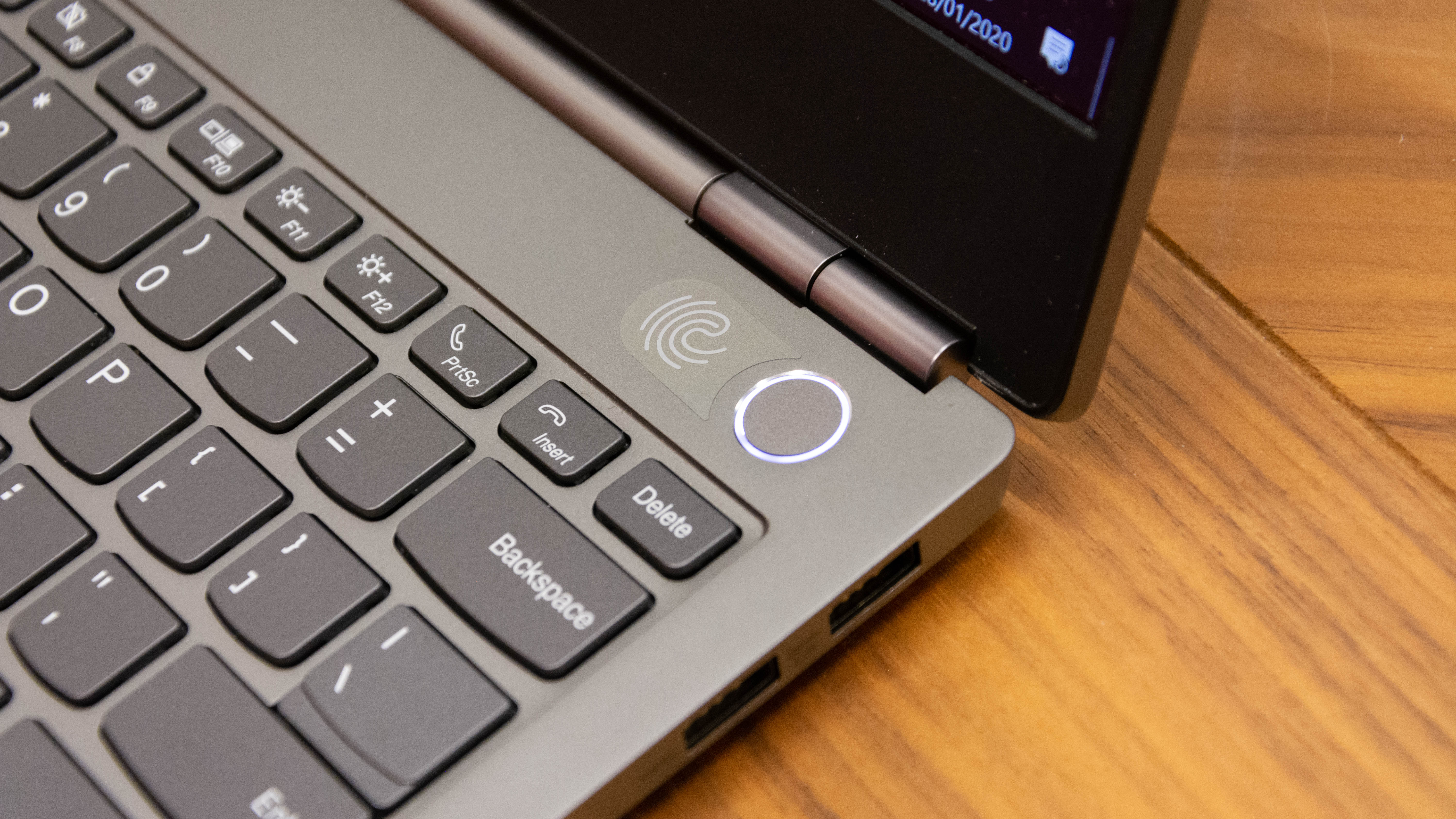
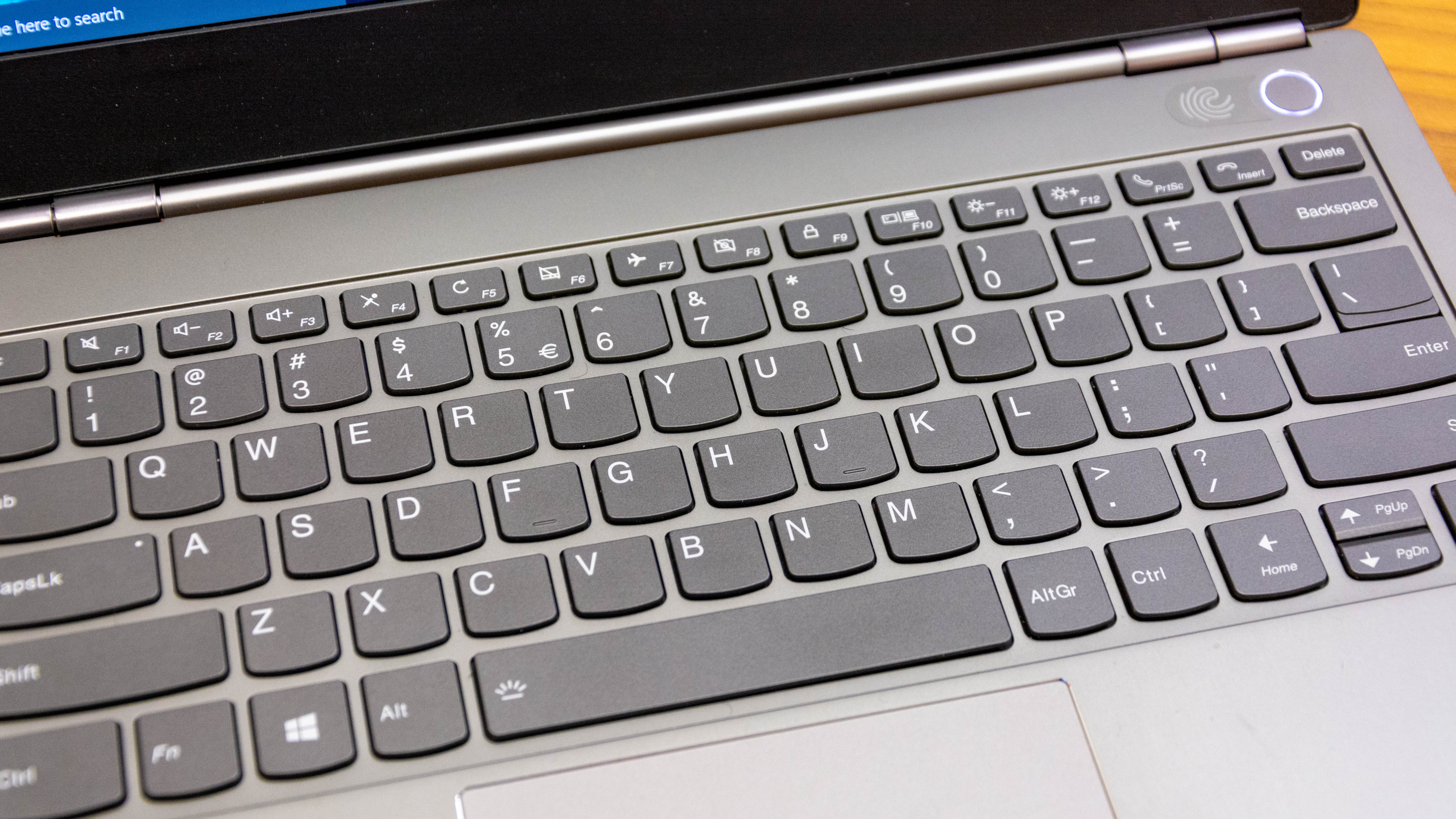
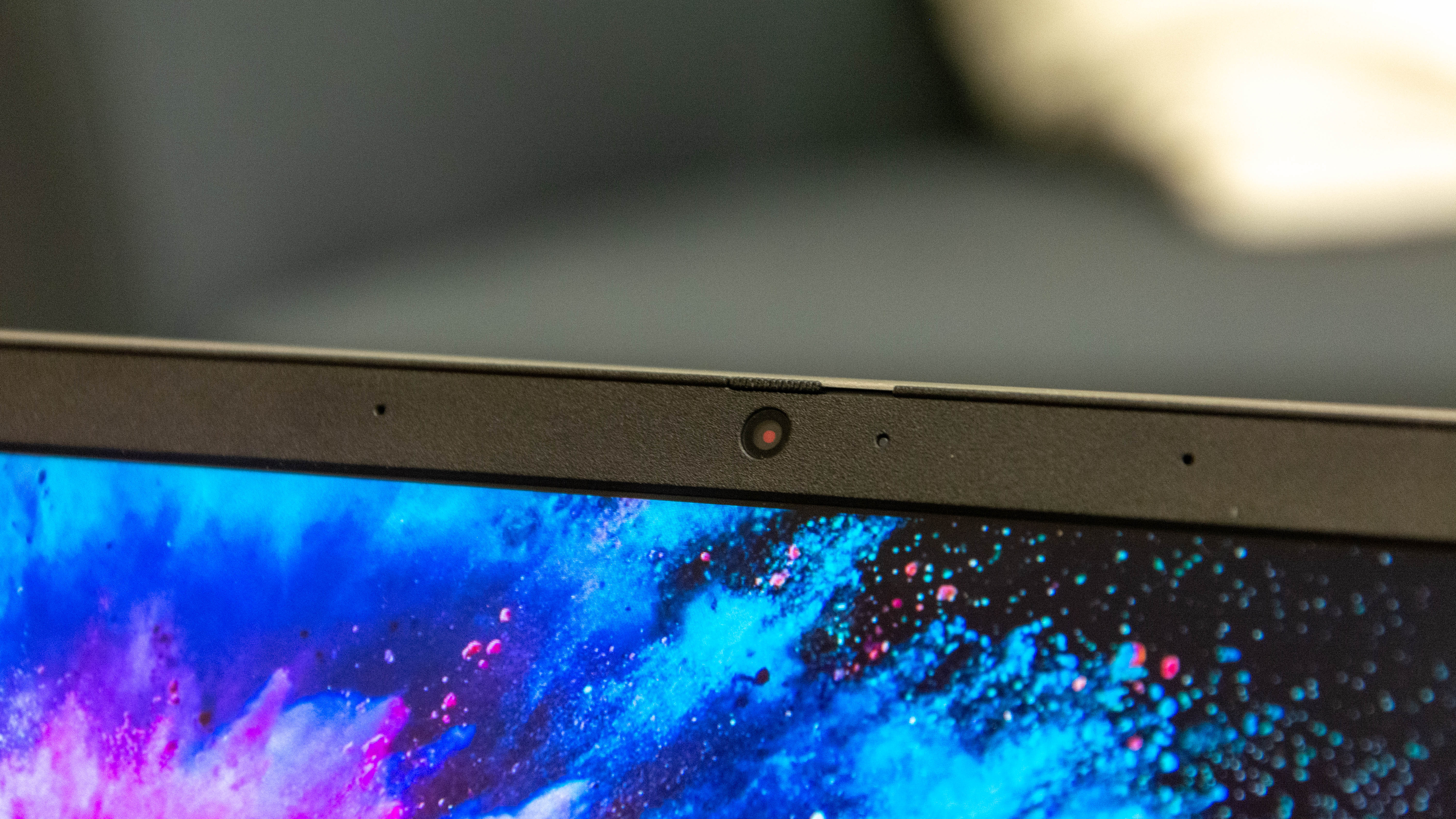
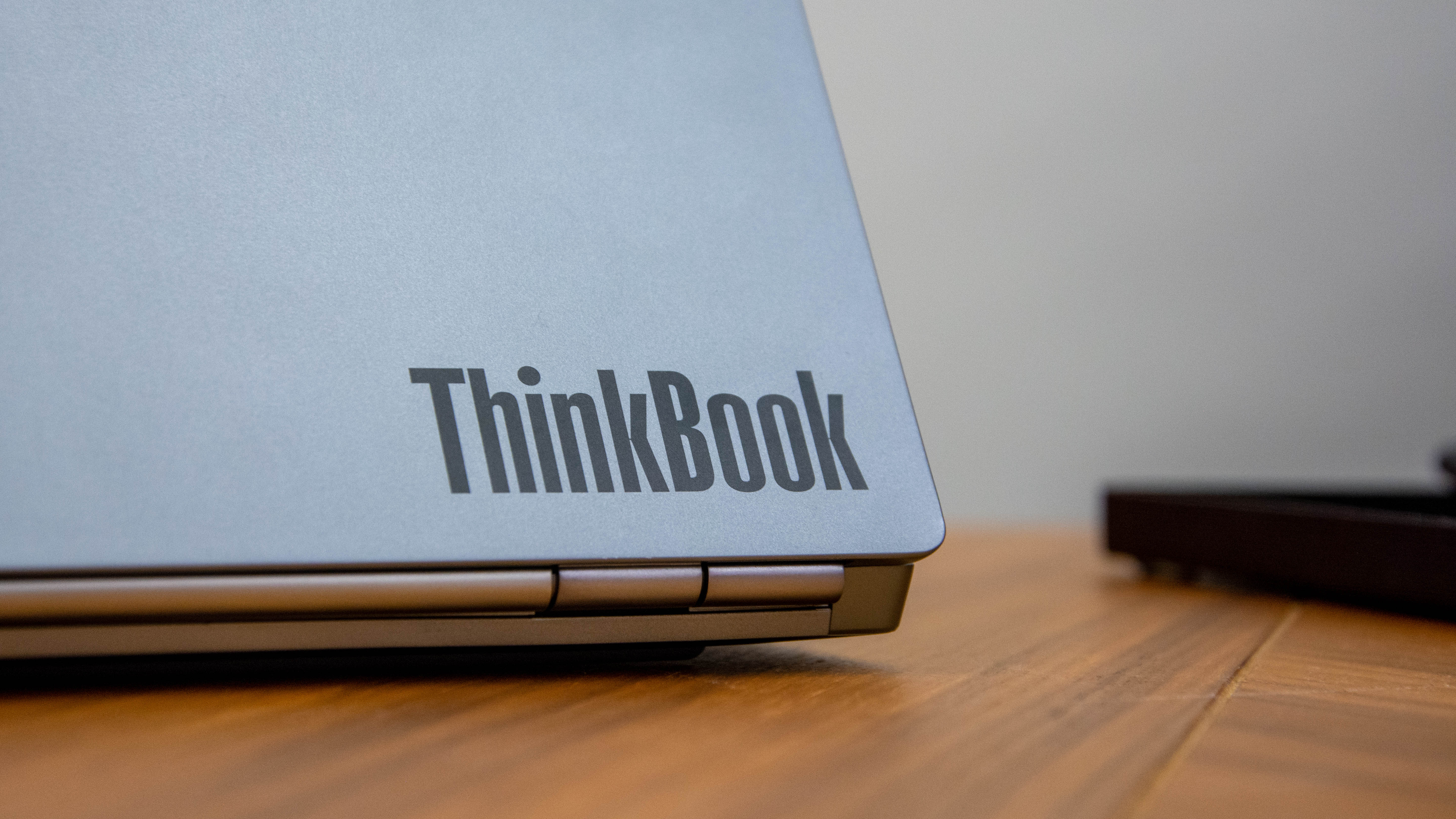
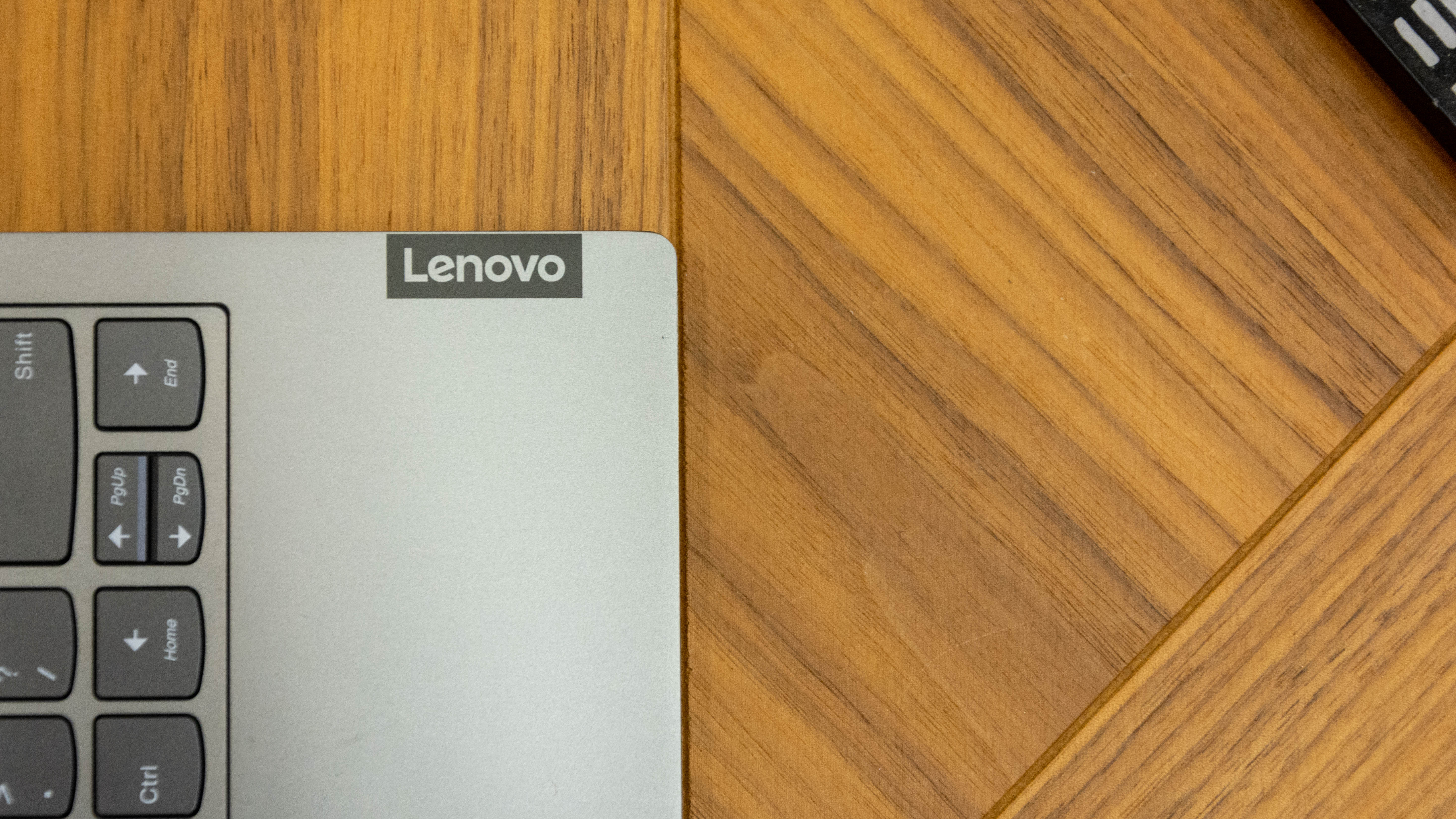
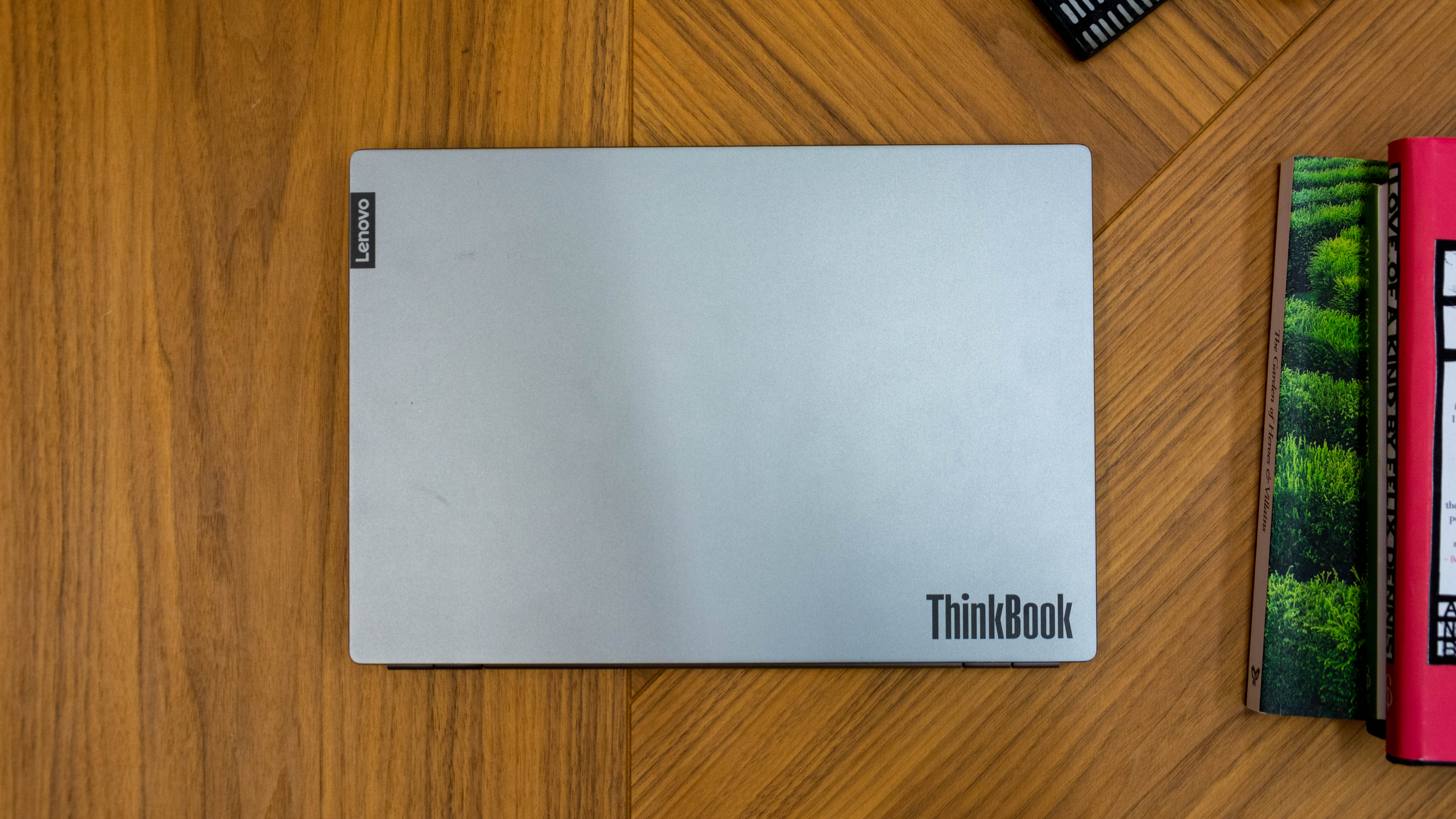
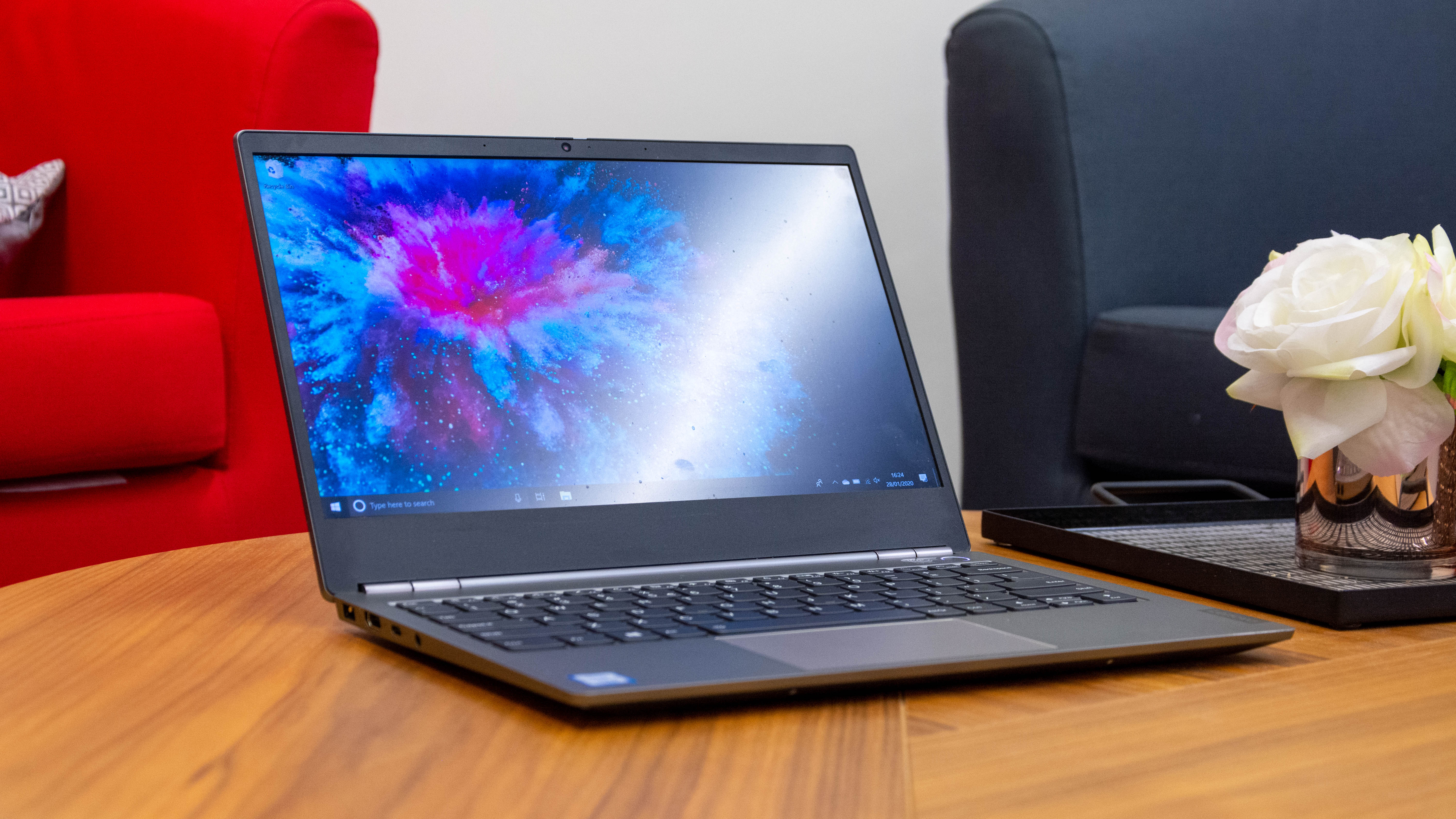
Lenovo’s ThinkPad series has a serious pedigree, and has been a staple of offices worldwide for decades. However, while the ThinkPad is very much the flagship brand, Lenovo was historically lacking in a device that could cater to businesses with less exacting needs, blurring the line between a high-end consumer laptop and an entry level business machine.
That device is the ThinkBook 13s. It’s a device that has more in common with the likes of Dell’s Latitude range or Acer’s TravelMate laptops than with the esteemed ThinkPad. The question is, can it retain enough of that ThinkPad magic to justify it as a business device?
Lenovo ThinkBook 13s review: Design
The ThinkBook’s appearance is a classic example of function over form; clad in a gunmetal grey aluminium chassis, it’s professional but somewhat unassuming, with minimal branding and a distinct lack of unnecessary flourishes. It’s an appealing enough look, although it lacks the iconic elegance of Lenovo’s flagship ThinkPad range.
It’s also a little chunkier than we’d like, measuring almost 16mm thick with a starting weight of more than 1.3kg. Not back-breaking by any means, and easily portable enough to carry around without issue, but with other devices regularly hitting the 1kg mark it would have been nice to see Lenovo trimming a little more fat.
Lenovo ThinkBook 13s review: Display
As is the case with most mid-range business laptops, the ThinkBook isn’t much to write home about in the display department either. The 13.3in IPS panel has a 1080p resolution, which is about as average as it gets - although there is a matte anti-glare coating and Dolby Vision HDR thrown in as well.
Image quality is similarly middling. An sRGB coverage rating of 88% isn’t atrocious, but it does rule it out for any professional media editing. Similarly, a contrast and Delta-E of 1937:1 and 1.89 respectively are also unremarkable. That said, the maximum brightness of 322cd/m2 is good for a laptop of this category.
Lenovo ThinkBook 13s review: Keyboard and trackpad
Lenovo’s marvellous ThinkPad family offers some of the most satisfying typing experiences to be had on a laptop, but sadly the ThinkBook hasn’t taken advantage of this illustrious pedigree. The keyboard is much closer - in fact, nigh-identical - to what you might find on the company’s Yoga devices.
Sign up today and you will receive a free copy of our Future Focus 2025 report - the leading guidance on AI, cybersecurity and other IT challenges as per 700+ senior executives
This is a bit of a shame, as the Yoga keyboards are far inferior those found on the ThinkPads. In all honesty, though, the keyboard on show here is serviceable enough. There’s not quite as much travel depth or crispness of feedback as we’d like, although the backlit keys are generously-spaced enough to prevent mistypes, and there are a number of hotkeys for call control in applications like Skype. The glass-covered trackpad offers a better showing, with more space than you generally find at this price range.
Lenovo ThinkBook 13s review: Specs and performance
So far, so uninspiring, but where the ThinkBook really starts to come into its own is the performance. Despite only packing a comparatively outdated 8th-gen Core i5 processor and 8GB of RAM (configurable up to an 8th-gen i7 and 16GB of RAM), this laptop managed a surprisingly capable overall score of 89 in our benchmark tests.
That’s enough to cope with all your day-to-day office tasks and then some; for the sake of comparison, Microsoft’s recent Surface Pro 7 and its 10th-gen Core i7 only managed a score of 68. It’s certainly no powerhouse, but considering the price and the age of the components, it’s a great result.

The battery life is less great, unfortunately. In our video playback test, the ThinkBook managed just 8hrs 7mins, which is shorter than many rival machines. It’s especially disappointing given that this laptop isn’t packing any especially powerful or impressive hardware that could be blamed for putting such a strain on the battery,
Lenovo ThinkBook 13s review: Ports and features
As a business-focused laptop, the ThinkBook 13s is bristling with a reasonably wide variety of ports. There’s an HDMI port for starters, which is one of the few benefits of a thicker chassis, as well as two Type-A USB 3.1 Gen 1 ports and a single USB-C Gen 2 input.
Sadly, that’s just a regular USB-C port rather than a Thunderbolt 3 port, and it doesn’t allow you to charge the laptop - which means that you’ll have to keep the proprietary adapter plugged in if you want to keep topped up while at your desk (likely, given the aforementioned underwhelming battery life).
The other features are less problematic; the keyboard is spill-resistant to stop any wayward coffee mishaps damaging the internals, and there’s support for the latest WiFi 6 standard for improved connectivity. Security is well-catered for, thanks to a fingerprint sensor built into the power button, a slider that covers over the webcam when not in use and a 2nd-gen discrete Trusted Platform Module (dTPM 2.0) for hardware authentication.
Lenovo ThinkBook 13s review: Verdict
Ultimately, the ThinkBook 13s isn’t as flashy or as powerful as Lenovo’s more established ThinkPad line. However, as a device that aims to bridge the gap between that range and its more consumer-focused entry-level laptops, the ThinkBook is surprisingly capable.

Yes, it’s a little chunky and is bereft of a particularly impressive display, but it’s powerful enough to handle pretty much everything an average employee is going to throw at it. What’s more, barring the frustrating lack of USB-C charging, the range of ports makes it versatile enough for myriad environments.
The real killer, though, is the price. At just a hair under £500 exc VAT (£499.99, to be precise), it’s one of the cheapest business-focused devices we’re seen recently. Indeed, it’s capable enough to go toe-to-toe with laptops twice its price. If you’re looking for a competent jack-of-all-trades at a ludicrously good price, this is definitely one to snap up.
Lenovo ThinkBook 13s specifications
| Processor | Intel Core i5-8265U |
| RAM | 8GB |
| Additional memory slots | N/A |
| Max. memory | 16GB |
| Graphics adapter | Intel UHD 620 |
| Graphics memory | N/A |
| Storage | 256GB |
| Screen size (in) | 13.3in |
| Screen resolution | 1920 x 1080 |
| Pixel density (PPI) | 331 |
| Screen type | IPS |
| Touchscreen | N/A |
| Pointing devices | Trackpad |
| Optical drive | N/A |
| Memory card slot | N/A |
| 3.5mm audio jack | Yes |
| Graphics outputs | 1x HDMI 1.4b, 1x USB-C Gen2 |
| Other ports | 2 x USB 3.1 Gen 1 |
| Web Cam | HD 720p |
| Speakers | 2x 2W Harmon Kardon |
| Wi-Fi | Wi-Fi 6 |
| Bluetooth | Bluetooth 5.2 |
| NFC | N/A |
| Dimensions, mm (WDH) | 308 x 216 x 16mm |
| Weight (kg) - with keyboard where applicable | 1.32kg |
| Battery size (Wh) | 45WHr |
| Operating system | Windows 10 Pro |
Adam Shepherd has been a technology journalist since 2015, covering everything from cloud storage and security, to smartphones and servers. Over the course of his career, he’s seen the spread of 5G, the growing ubiquity of wireless devices, and the start of the connected revolution. He’s also been to more trade shows and technology conferences than he cares to count.
Adam is an avid follower of the latest hardware innovations, and he is never happier than when tinkering with complex network configurations, or exploring a new Linux distro. He was also previously a co-host on the ITPro Podcast, where he was often found ranting about his love of strange gadgets, his disdain for Windows Mobile, and everything in between.
You can find Adam tweeting about enterprise technology (or more often bad jokes) @AdamShepherUK.
-
 Google DeepMind CEO Demis Hassabis thinks this one area of the tech industry is probably in an AI bubble
Google DeepMind CEO Demis Hassabis thinks this one area of the tech industry is probably in an AI bubbleNews AI startups raising huge rounds fresh out the traps are a cause for concern, according to Hassabis
By Ross Kelly Published
-
 Everything you need to know about Google and Apple’s emergency zero-day patches
Everything you need to know about Google and Apple’s emergency zero-day patchesNews A serious zero-day bug was spotted in Chrome systems that impacts Apple users too, forcing both companies to issue emergency patches
By Nicole Kobie Published
-
 Ronald Richardson to lead Leaseweb’s global commercial strategy
Ronald Richardson to lead Leaseweb’s global commercial strategyNews The experienced executive has been named Leaseweb’s new CRO as the IaaS provider embarks on the next phase of its growth journey
By Daniel Todd Published
